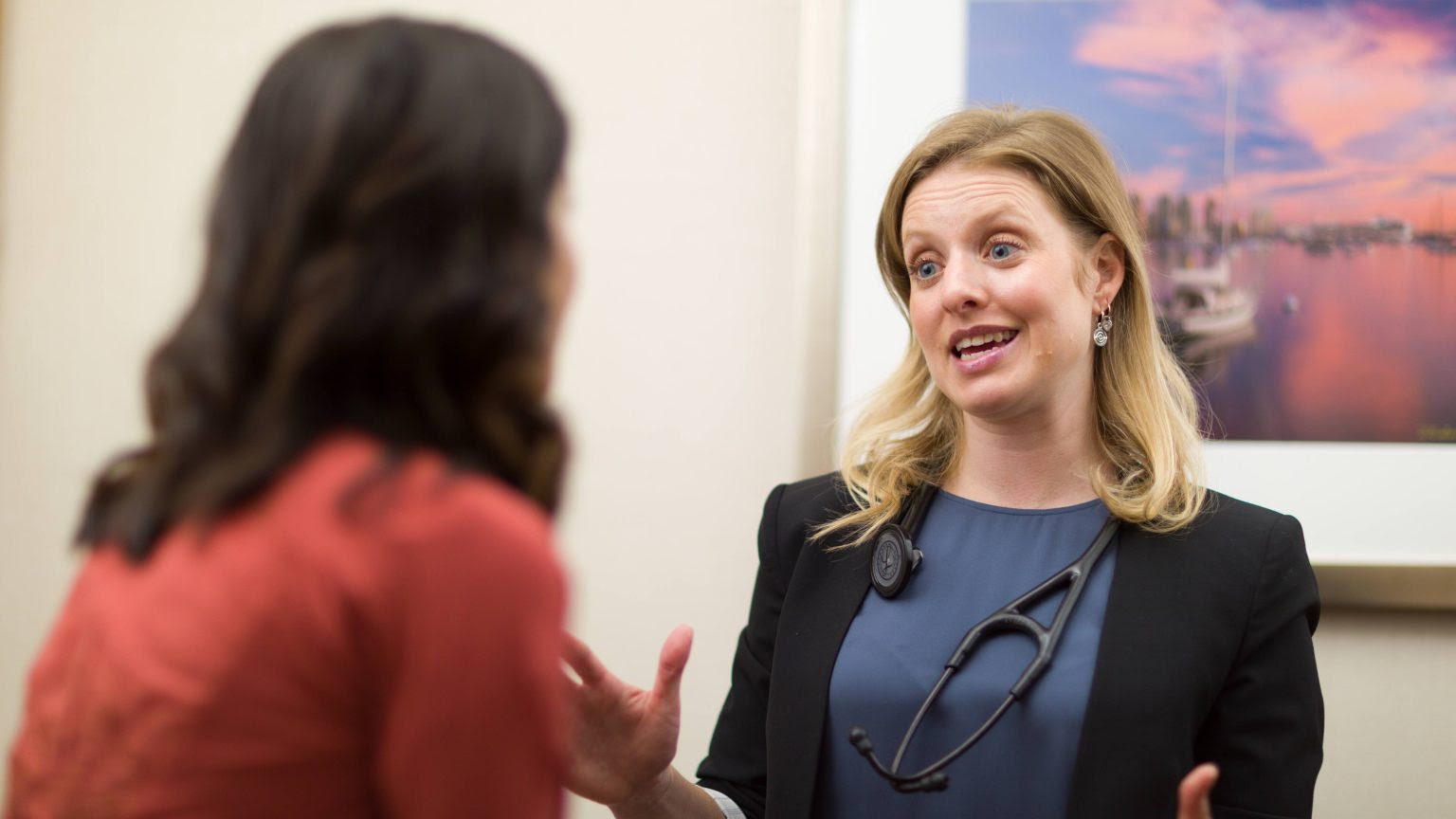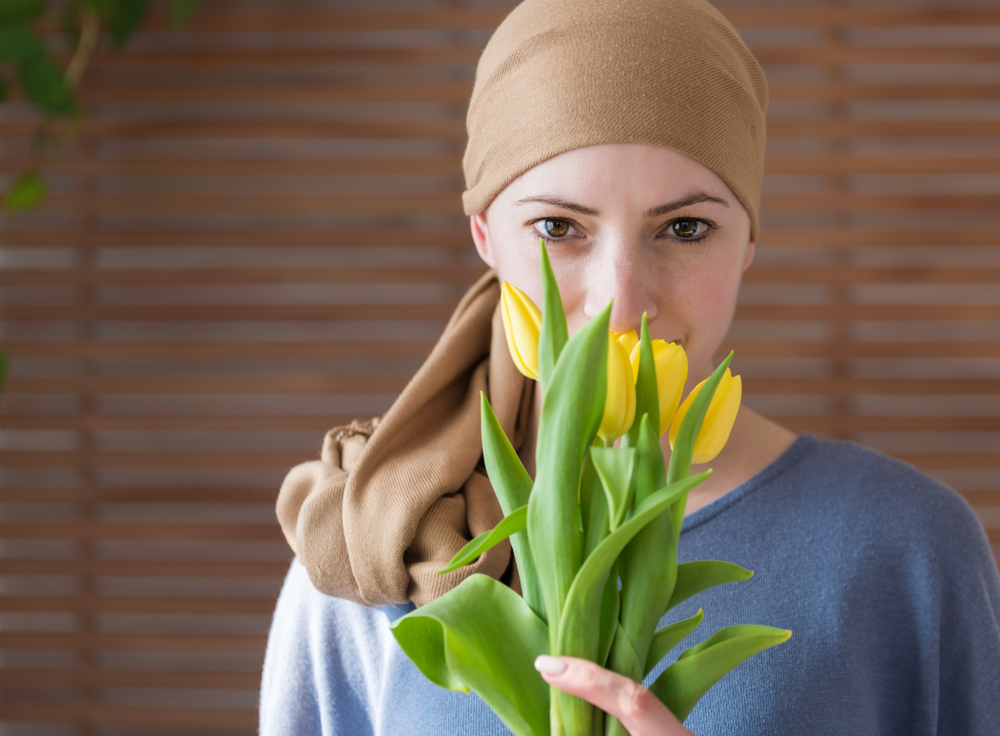Generate single title from this title Cancer before forty: The Mayo Clinic expert takes three topics that younger patients usually want to discuss in 70 -100 characters. And it must return only title i dont want any extra information or introductory text with title e.g: ” Here is a single title:”

Write an article about
It is also heart disease, diabetes and other chronic diseases, which have long decades related to the elderly only; Today’s cancer is highlighted as one of the diseases that have been threatening younger life, especially those types of cancer that are usually attributed to adult groups.
Recent global statistics, about young cancer, indicate frightening numbers, including:
• An increase of 12.8 % in cancer cases between people under the age of fifty during the past twenty years, especially in North America, Western Europe and Australia.
• This increase includes multiple types of cancer, such as colon, breast and stomach cancer, which are species that were rare for individuals of young ages.
• Studies indicate that the modern lifestyle (lack of movement, diet rich in sugars and fats, and exposure to chemical and fine plastic materials) may be one of the possible reasons for this increase in the numbers of young people with cancer.
The topic of “youth and cancer” has become an increasingly important axis in health research, especially with the escalation of infection rates between those under the age of fifty to forty. According to a recent study from the magazine “Al -Majalla”, the rates of cancer in the Arab countries are expected to increase by 1.8 times by 2030, and this includes the youth category in particular. While research indicates that Hodgkini lymphoma is commonly affecting the age group between 15 and 40, and it is one of the most common types of cancer among Arab youth.
In some Gulf countries and the Levant, higher levels of the global average of breast cancer and non -hodge lymphoma were recorded among young people. Lung and throat cancer appears high among males under the age of 50, linked to factors such as smoking and air pollution.
The truth is that this disturbing height in the rates of injury among young people has become a priority for modern medicine; Doctors who specialize in tumors in particular seek to control the cancer problem among those under the age of forty, including focusing on topics that young people show special attention to cancer. This is what we will get to know today as an example presented by an expert from Mayo Clinic in this regard.
What are the topics that younger cancer patients want to discuss?
The experience of confronting the diagnosis of blood leukemia (Leukimia) was inspired during her studies at the Faculty of Medicine, Dr. Alison Rosena, to follow her career in fighting cancer; It also provided it with an insightful view of the aspects of coexistence with cancer in people under the age of 40. Now, Dr. Rosena is among the pioneers who make expanded efforts at the Mayo Clinic Comprehensive Cancer Center, to help younger adults and older adolescents, to receive appropriate treatment and support for their ages.
In this statement issued by an expert in the field of cancer, Dr. Rosena is 3 topics that young people with cancer usually want to discuss it with health care difference. “I have a passionate passion and motivation to care for young patients with cancer. This group of patients needs the maximum support as possible after receiving treatment,” she explains.
Fortunately; Thanks to the developments in cancer treatments, many types of cancer have become the most common in young adults, and even healing often, according to Dr. Rosena. About 1.3 million people around the world, between the ages of 15 and 39, were diagnosed with cancer in 2022, which are the latest statistics available, according to the International Agency for Cancer Research; The most common types of cancer in this age group were breast cancer, thyroid cancer, cervical cancer, testicular cancer, ovarian cancer, blood leukemia (leukemia (leukemia), lymph) and colon and rectal cancer, according to the agency figures.

Rosena adds that while the goal is to control or treat the disease, completing the treatment does not necessarily mean that the young man or young man with cancer has ended. “This means that many of the patients with adolescents or young people will live for many years, during which they face the challenges of survival of cancer for decades. There is also the emotional effect accompanying the experience of cancer, which may have a clear imprint during the attempt of patients to move forward in their lives. As well as the physical effects. And its long -term effect. “
In addition to being a transitional period of medical care for children to care for adults, the late adolescence and the beginnings of the youth stage are often a time for major life changes; This adds more challenges besides cancer. “The cancer care program for younger adults and adolescents is based on the idea that focusing on their own needs improves their experience and results.” In addition to the opinions of patients, the program has a consultative council for patients whose members participate in what is important for them. “We have tried to set the priorities of our work based on the opinions we receive from our patients who are in this experience,” said Rosena.
Rosena noticed that the questions about the following three topics are often occupied by patients in the last years of adolescence and at the age of twenties and thirties during and after cancer treatment:
1. Health behaviors and exercise
“There are guidelines and recommendations for lifestyle choices, including exercising, but it is difficult to follow and take responsibility for adhering to it.”
2. Communicate with peers with cancer and provide additional support to realize that they are not alone
So that patients do not feel that their peers abandoned them when they spend their lives, according to Dr. Rosena.
3. Sexual health and relationships
“It is difficult for people to address this issue, and it may be uncomfortable to inquire about it. They may be difficult to talk about it with their peers, and there are many efforts made regarding what we can do proactively to support them in the best way.” Fertility can be affected by cancer and its treatment, which makes discussions about maintaining fertility very important for cancer patients under forty.
Another priority for the younger adult cancer program is to plan advanced care. In this regard, Dr. Rosana indicates that for older patients with advanced stages of cancer, the introduction of palliative care usually helps to live longer and with a better quality of life; The same approach may help young patients.

“We are working on developing an advanced care plan, especially for young patients with advanced stages of cancer, to enable them to express themselves when they have time for that, instead of depriving them as well. I know that there is a lot that we can do; the results are long -term, survival and quality of life – all important elements for us.”
It should be noted that this program adopts a multidisciplinary approach; It includes cancer specialists, social workers, healthy psychologists, financial advisors and professional.
“We are already lucky that most patients from younger adults who receive cancer care will improve in the long run, and many of them will enjoy a long life period. But if we do not pay attention to the long -term side effects of treatment, the quality of life, monitoring healthy and maintaining health, we will not provide the full service that these patients deserve.”
.Organize the content with appropriate headings and subheadings (h1, h2, h3, h4, h5, h6). Include conclusion section and FAQs section at the end. do not include the title. it must return only article i dont want any extra information or introductory text with article e.g: ” Here is rewritten article:” or “Here is the rewritten content:”

